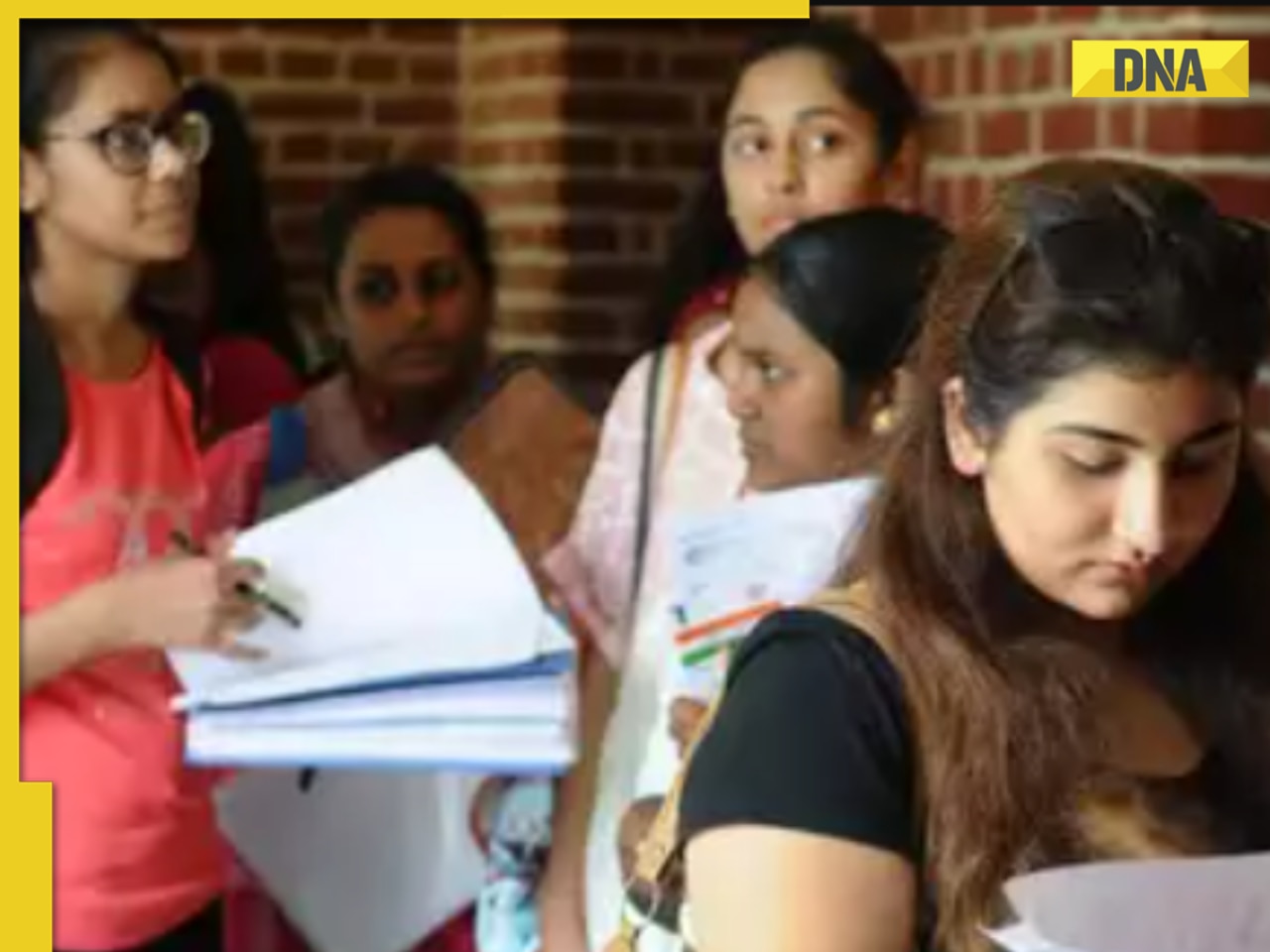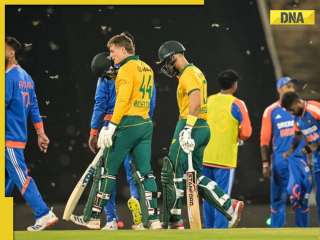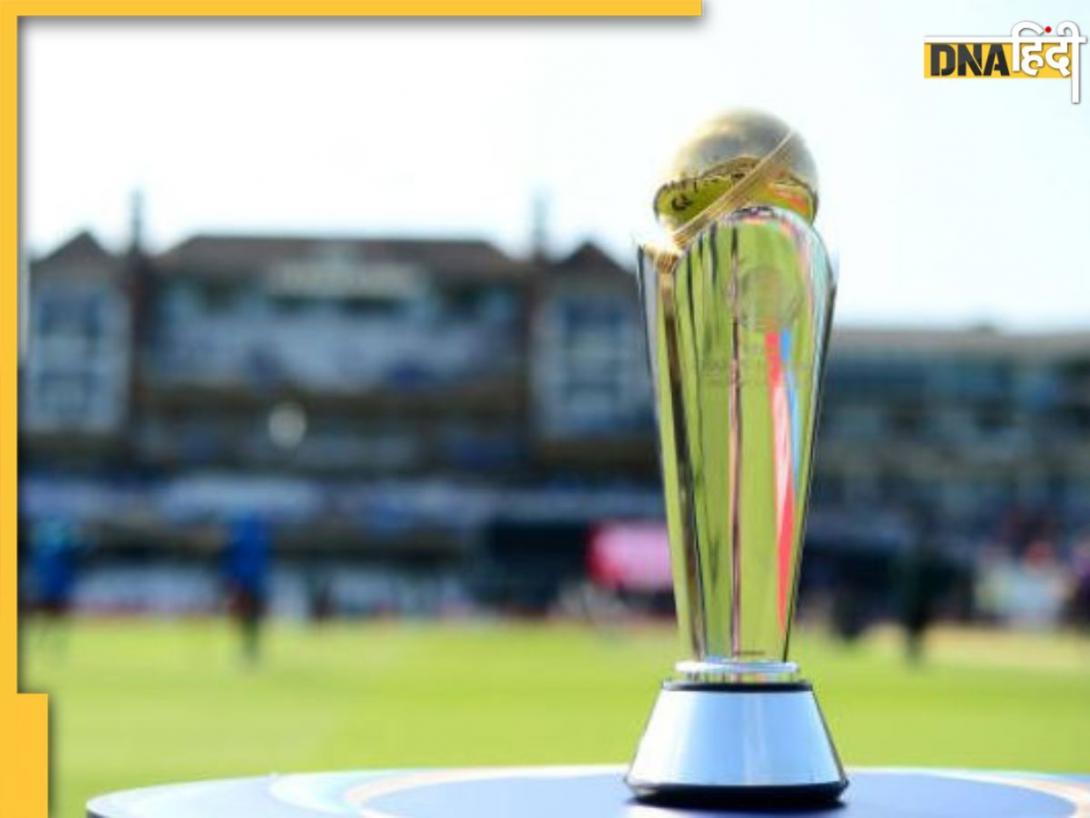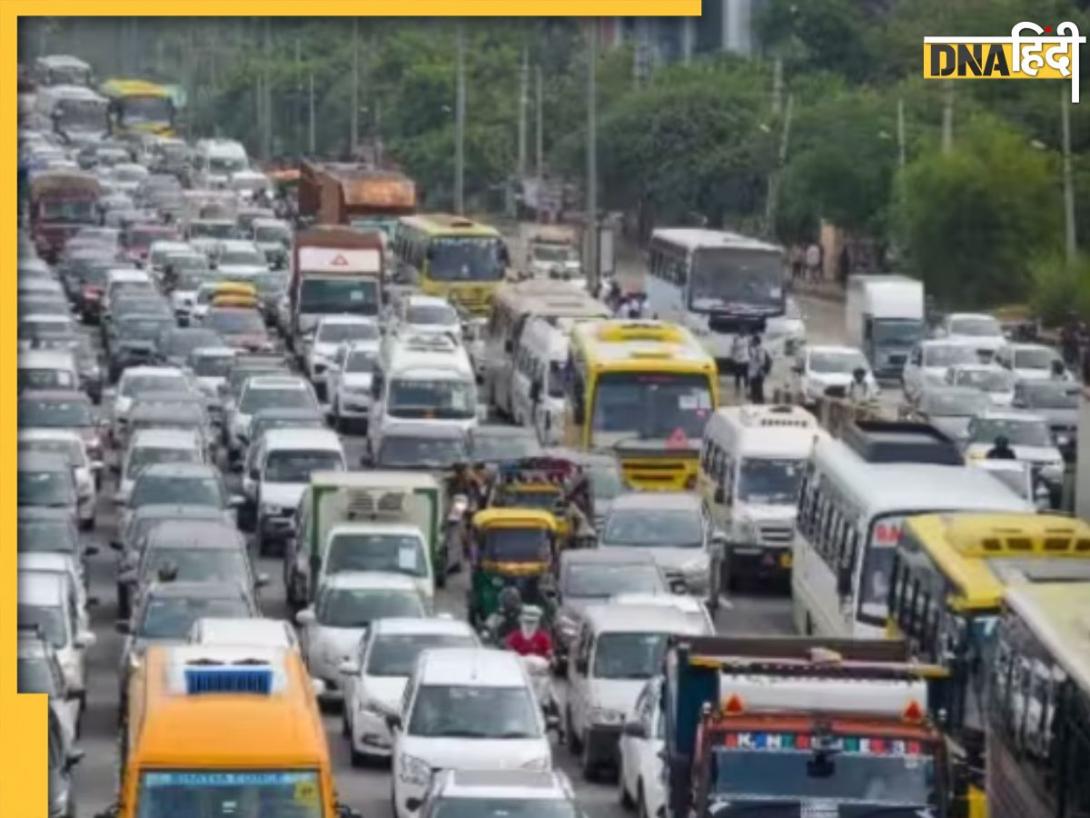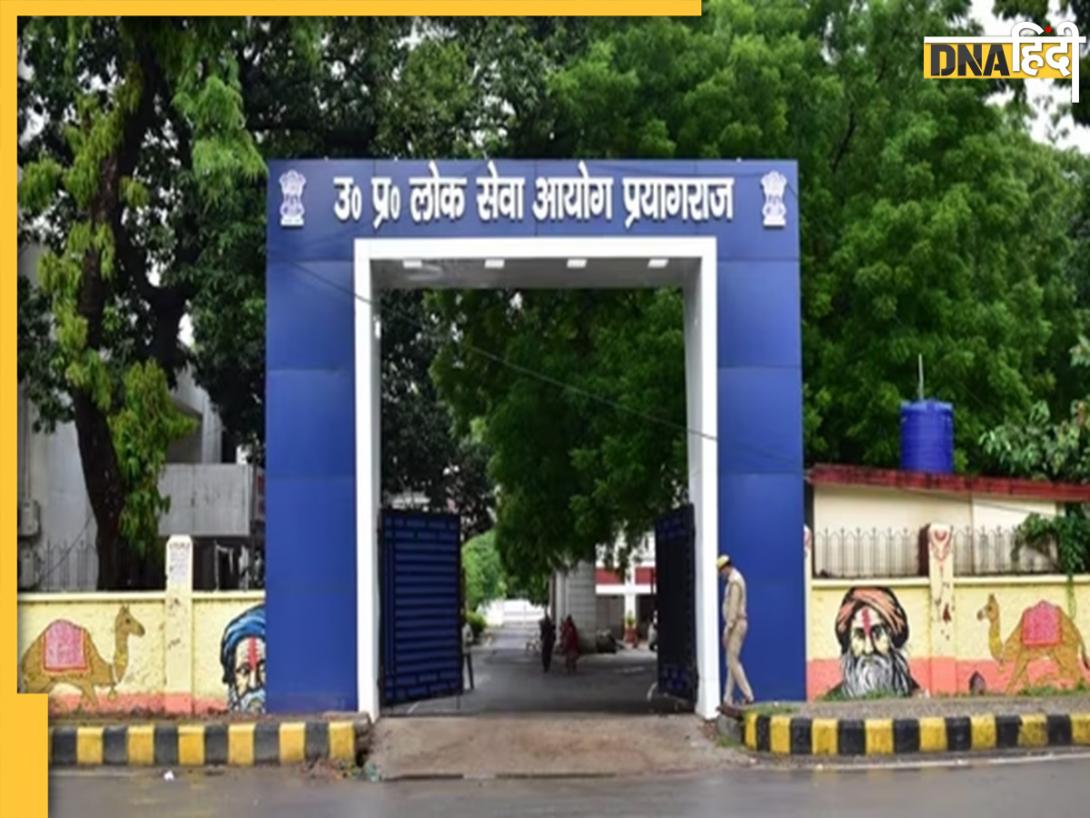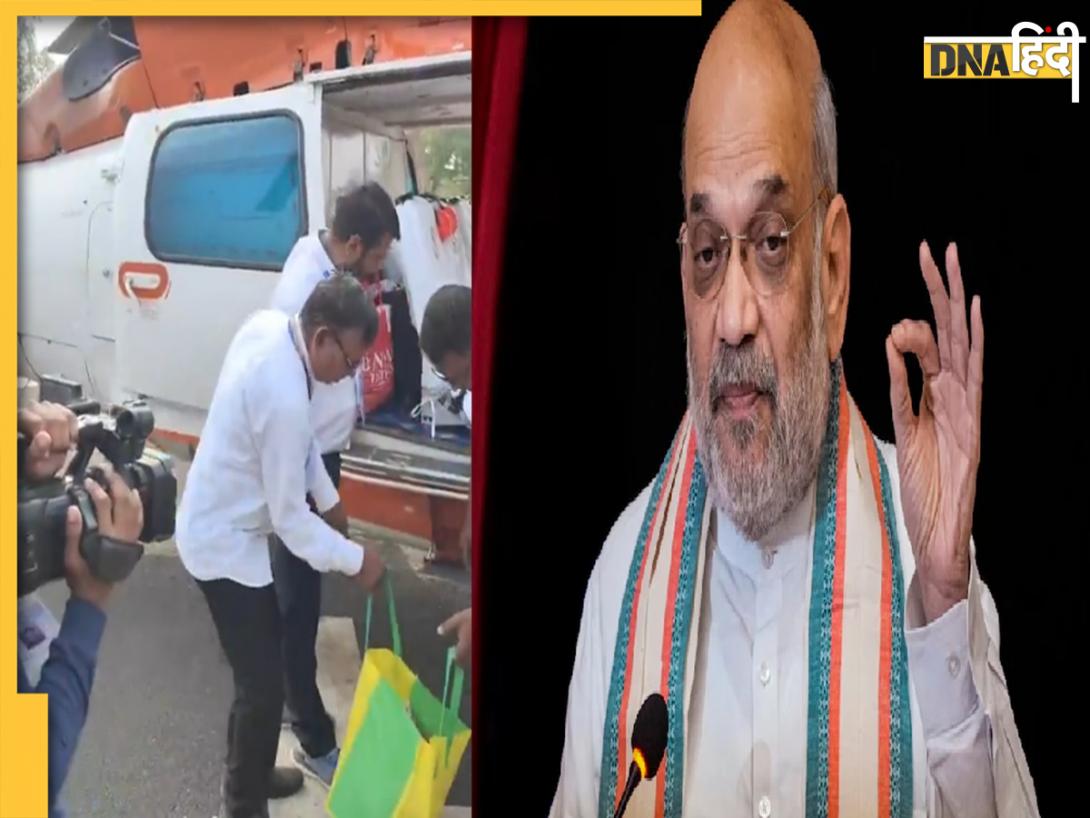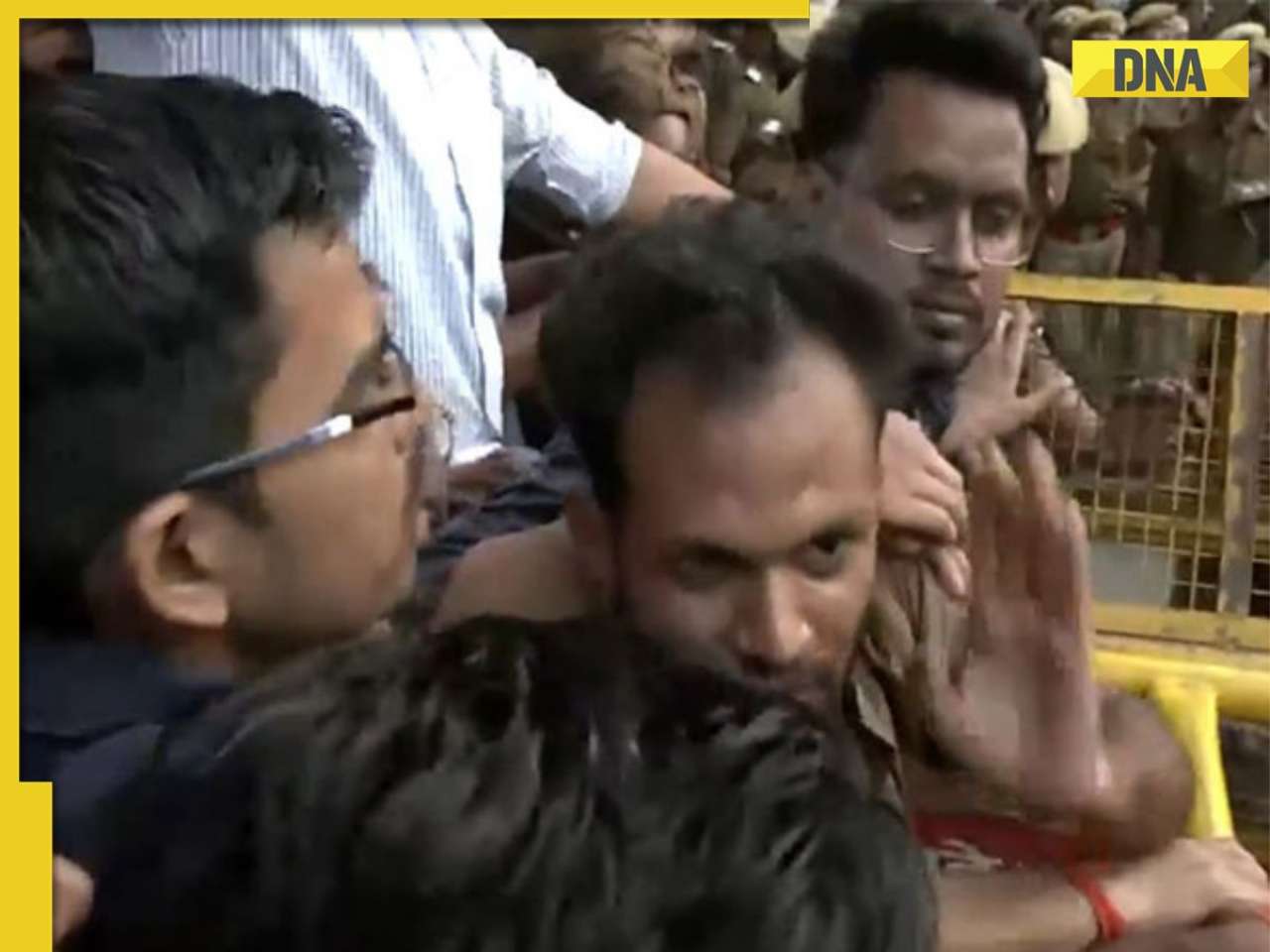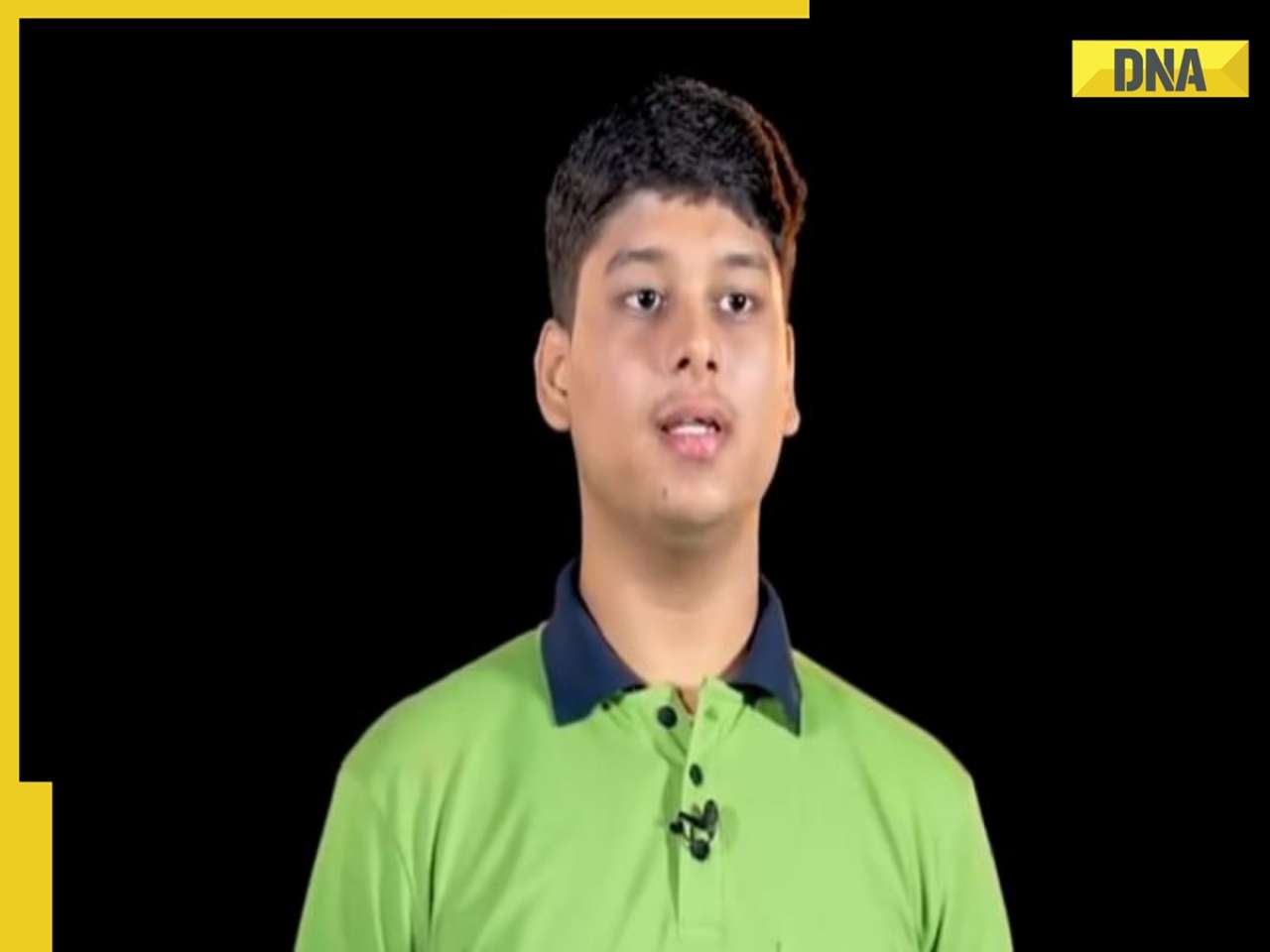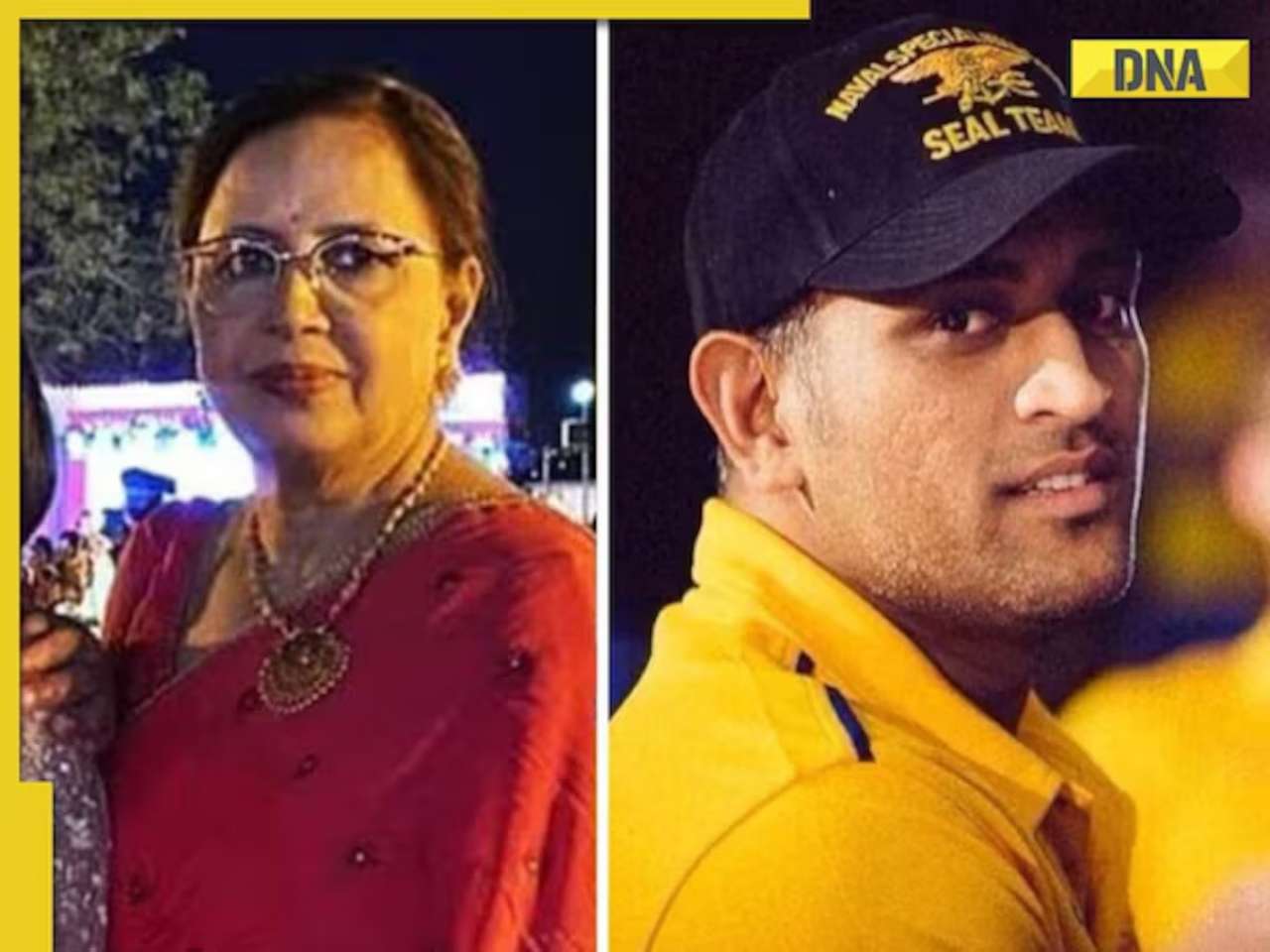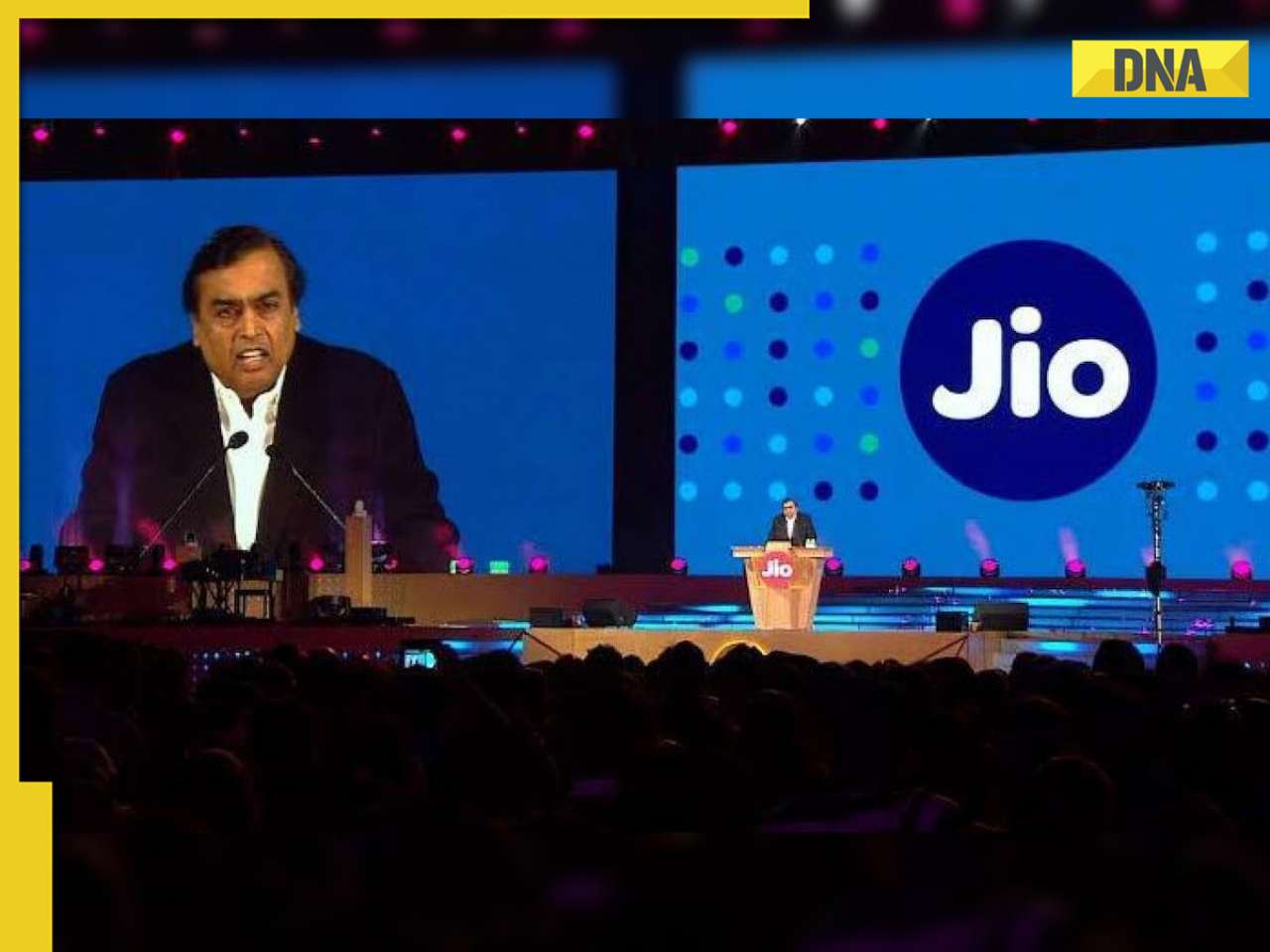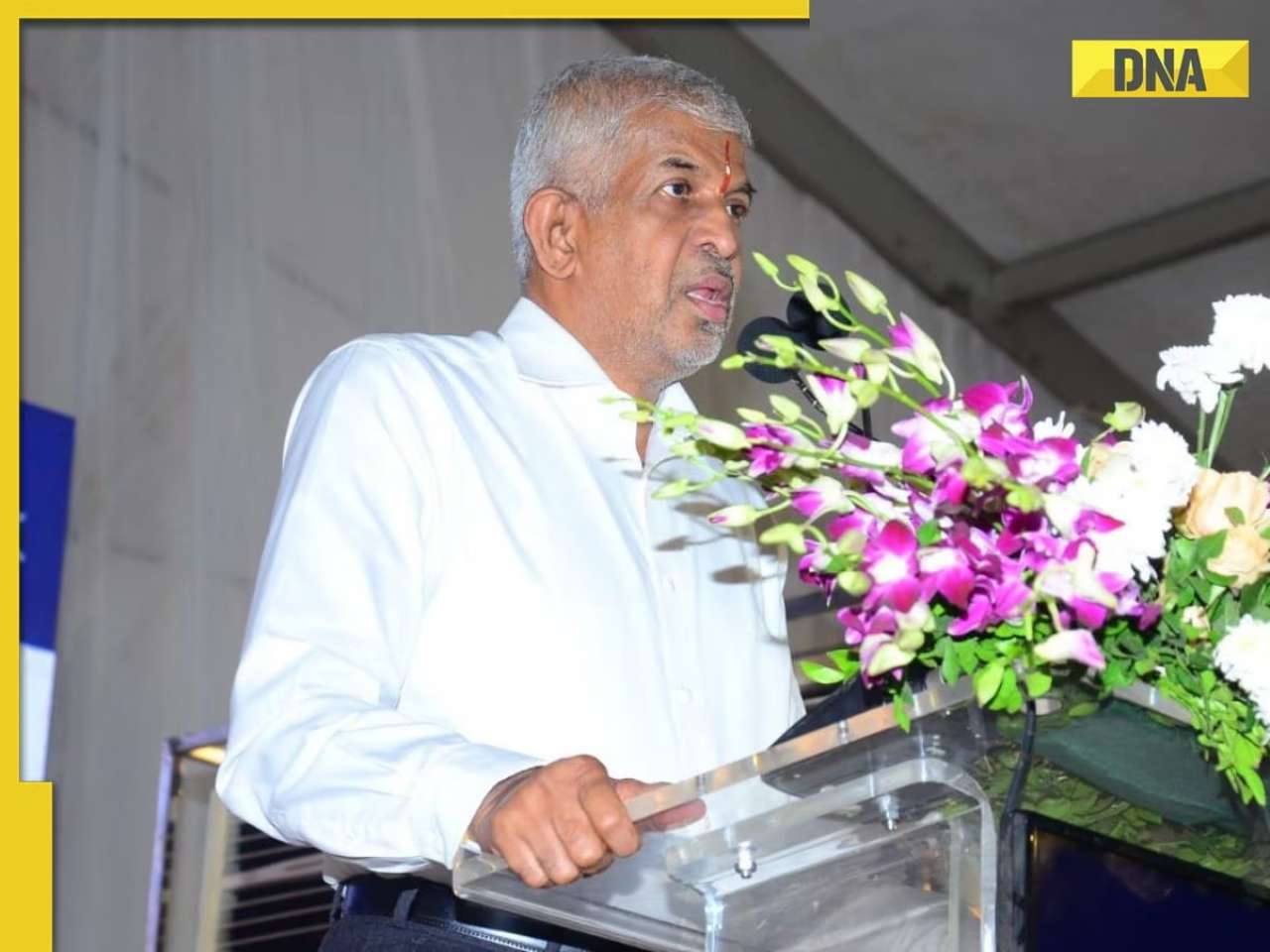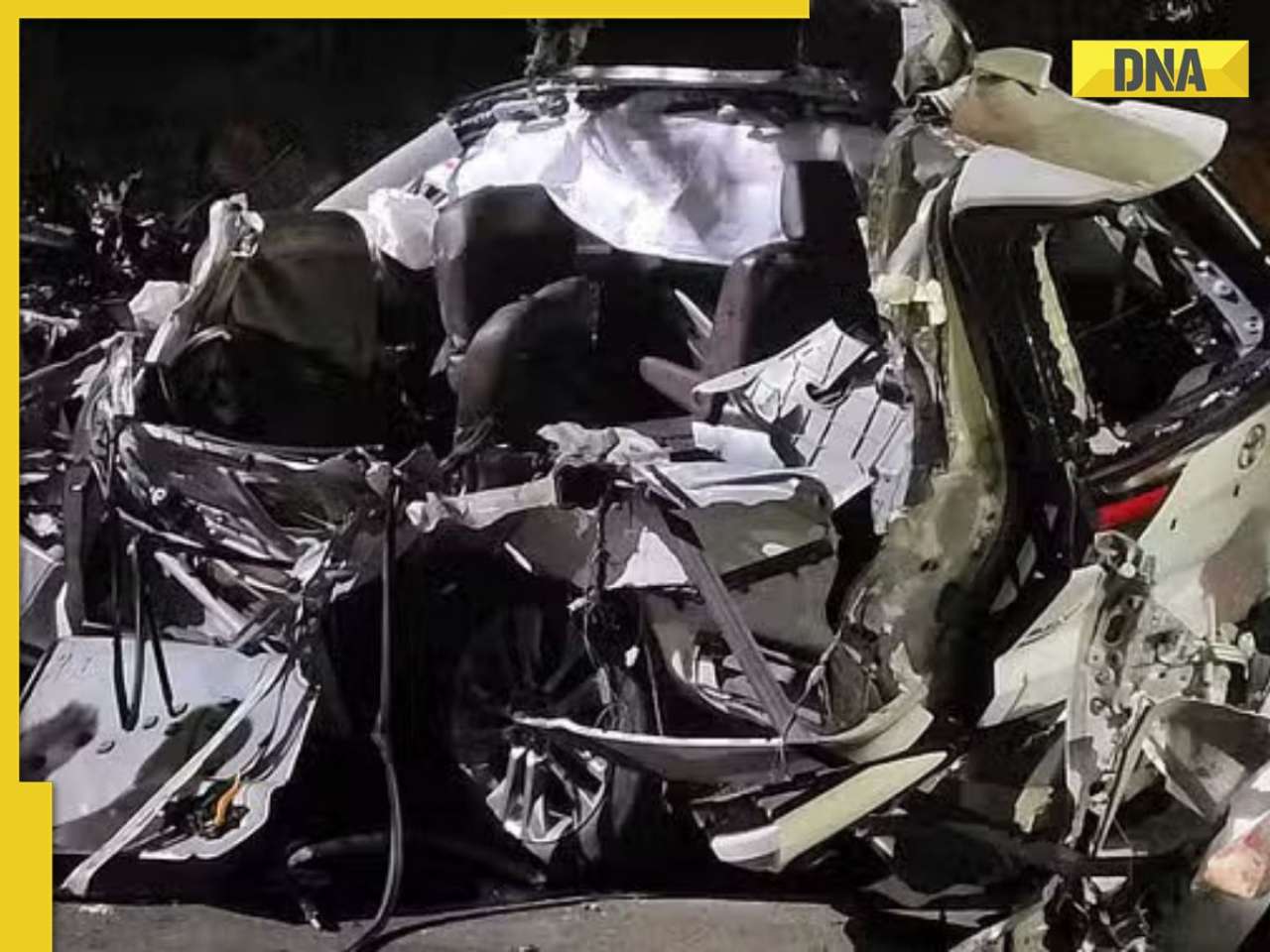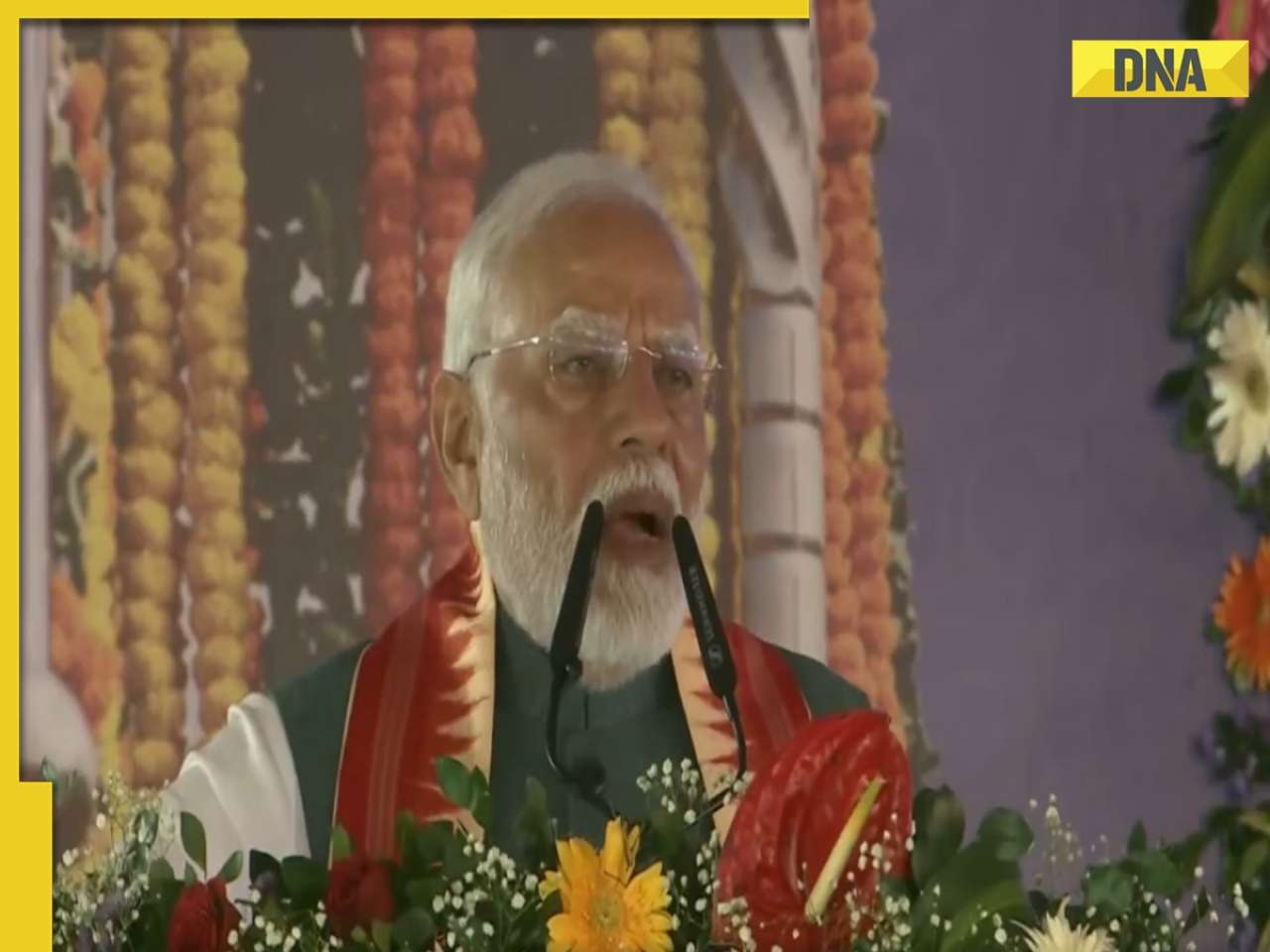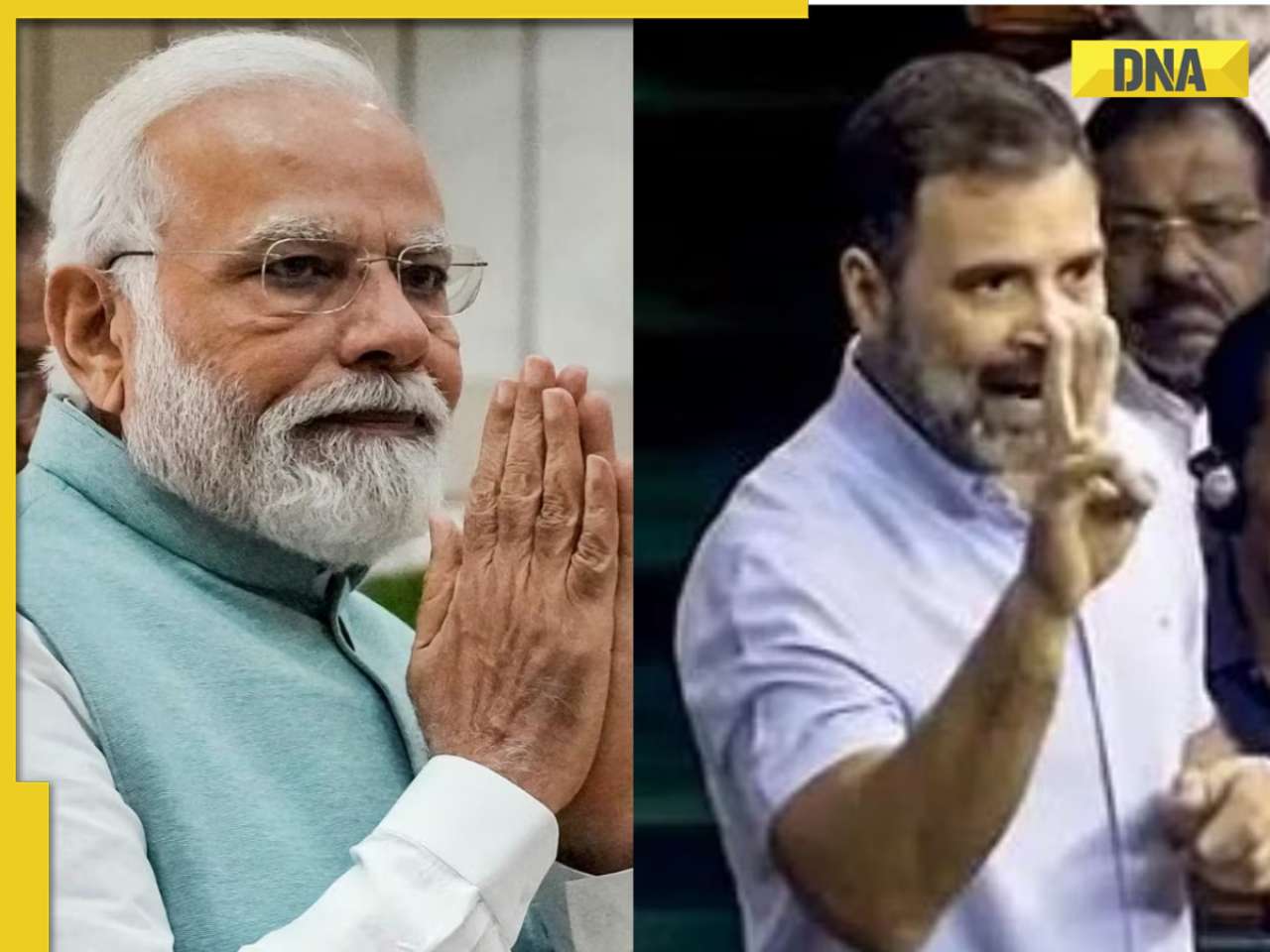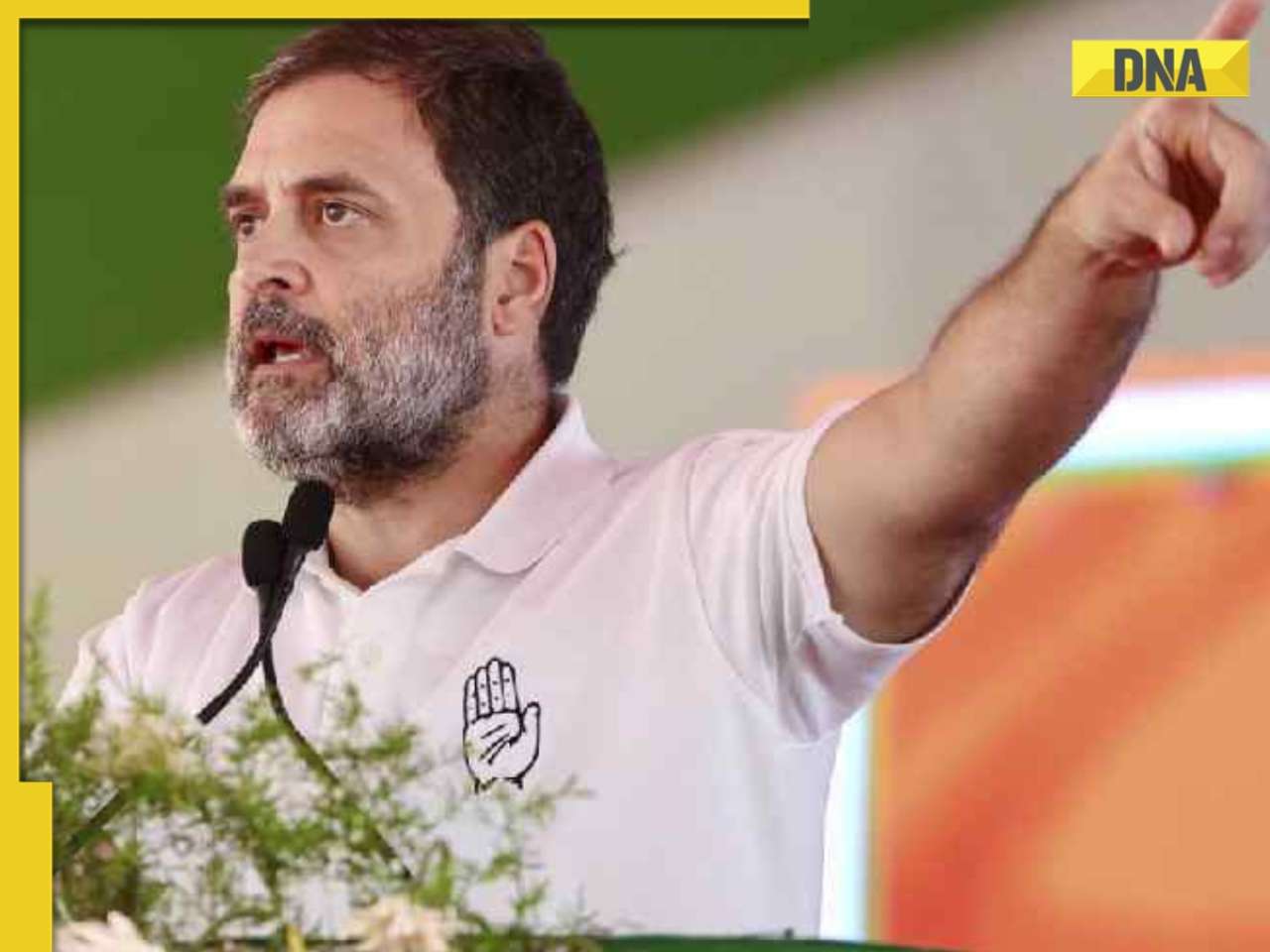- LATEST
- WEBSTORY
- TRENDING
ANALYSIS
Lok Sabha elections 2014: What price polls for women in disturbed areas?
On Women's Day, Swarna Rajagopalan examines the upcoming general elections in the context of women who are victims of violence and exploitation, especially in conflict areas.
TRENDING NOW
The big news in India this week is the announcement of the 2014 Parliamentary election schedule and candidate lists are headline fodder. There is excitement in the air. For professional experts and social media pundits, there will be much to do and say in the next three months.
Feminists and women’s organizations would like to raise two sets of difficult questions. The first set pertains to the inclusion of women candidates; after all, for a truly inclusive, gender-sensitive political party, an official quota is hardly a prerequisite. How many parties will “give tickets” to how many women? Then, because feminists too hold the bar higher for women, we ask: But who are these women and how did they qualify? Perhaps that question is a lost cause for male candidates. Finally, we look at the seats they are allocated and the kind of support they get from their party.
The second set of questions relates to women’s rights issues, including gender-based violence. Political party manifestos have always been ponderous, politically correct and studiously ignored; however, people now seem to take them seriously.
More important than the manifesto, I think, are three criteria. First, what is the track record of the party and its members in speech and action on women and gender? On other occasions, have they made misogynistic comments? Have they supported women’s rights legislations? Second, given the tendency of political parties (across the spectrum) to nominate candidates charge-sheeted for criminal offences, I would not want to vote for a candidate against whom charges of sexual harassment or sexual and gender-based violence have been made. I would not want to vote for a party that chose to disregard such charges either (though that might leave too many of us checking the ‘none of the above’ option we now have).
Finally, it is likely that in the new climate of outrage and awareness on the question of violence against women, political parties doff their hats to the public mood. My filter on this is prevention versus protection. The rhetoric of “we must protect our women and children” reflects the very attitudes that make violence possible. I would vote for the party that talks the language of equality and prevention, of rights and freedom.
Going into this election, as a feminist, I ask myself, how much have we done and how effective have we been in moving Indian politics towards better standards and outcomes on both these sets of questions. I would not honestly give myself a passing grade on this test.
Anyway, such election-time assessments are good for those of us that live in relatively peaceful areas. The Government of India does not acknowledge the existence of armed conflicts within its territories. This is hard to comprehend, but suppose we were to side-step this discussion, and use its own framework, we find that millions of women live in what it has designated as “disturbed areas” and “difficult circumstances”. How much does the election matter to them?
First, what are “disturbed areas” ? The Armed Forces (Special Powers) Act, 1958 (AFSPA) simply requires that the civilian authority should deem an area so disturbed as to need the intervention of the armed forces. The Disturbed Areas (Special Courts) Act, 1976, has a more specific description: “extensive disturbance of the public peace and tranquillity, by reason of differences or disputes between members of different religions, racial, language, or regional groups or castes or communities”. In other words, conflict of some intensity. In the last fifty years, Jammu and Kashmir and the states of North East India have been described as “disturbed areas”, but similar laws and rules have been applied across other parts of India to deal with situations ranging from communal violence to insurgency.
To be “disturbed” is always twinned with increased security and infringement of civil rights. Right away, this has two consequences for women. On top of patriarchy and the immediate conflict, it adds a layer of militarization to constrain them in everyday life. Moreover, the curtailment of civil liberties brings with it lack of accountability and enhanced impunity for acts of sexual and gender-based violence.
Recently concluded field studies across Afghanistan, Pakistan and India point to the comprehensive impact of militarization on women’s lives. Even the simplest facet of military presence or the presence of multiple armed forces – security – yields diminishing returns. Over a period of time, with special powers enabled, soldiers and officers turn perpetrators and sexual violence, particularly, becomes a tool of intimidation for all sides. Women live in fear of violence – happening to them, happening to others around them – and they internalise the trauma. More tangibly, it limits their mobility, and therefore, their access to education, health care and to jobs and markets.
Caught between state and non-state forces, the local people, especially women who are now house-bound for security reasons, find their access to information limited; censorship results in news blackouts, cable TV outages, blockades and blocked mobile signals. As people turn informers or work on opposite sides of the conflict or play both sides, trust within the community breaks down; and when trust breaks down, so does the support system most immediately available to women.
Moreover, as security concerns force civilian authorities to cede more functions to the military, the opportunity for corruption presents itself to soldiers and officers as well. Now, everyday services are harder to access. Cash injected into the economy through payment for small services and information creates a parallel economy that works on patronage and favours. Women become vulnerable to many layers of policing and exploitation and it is hard for them to approach anyone for justice.
So here’s the point: what price elections for Indian women living in the many parts of India described as “disturbed” officially? We know from history that the more fraught their lives, the more valiantly Indians attempt to make a change by voting. But what will actually change, given the degree of consensus on matters deemed “national security” and the climate of denial with regard to the gendered experience of conflict? There is but a marginal difference between the parties on this score. It is when we take human rights, nation-building, citizenship and peace out of the “security” box and open them up for public debate – which does not need to be acrimonious and hostile, but can also be in the spirit of sharing and learning – that we will have some chance of making elections and democracy equally salient to all citizens.
Further, what does peace or democracy mean to women in violent marriages in Chennai, or women exploited in the name of employment on construction sites in Mumbai, or girls who are groped and fondled on the pretext of extra board examination coaching in Gurgaon, or internal examinations that turn into sexual assault in Kolkata hospitals – all outside “disturbed areas”? (All plausible but imagined examples, by the way.) There is no answer to that question.
The hardest work in a democratic society happens outside of election season. What elections provide is a moment to summarise and articulate to ourselves and others, what we consider important. An upcoming election makes me stop and think: what is the deal-breaker for me? And it shames me into remembering that I too have something to deliver in the next five years – a track-record of taking these messages out where they matter: to those who would capture power, to those who would contest elections and to those who must vote, no matter what. As politicians formulate promises to make and voters sit in judgment, each of us should get ready to go back to the long-term work of building a peaceful democracy where all citizens matter equally all the time and not just during elections.
Swarna Rajagopalan is a political scientist by training, who has written extensively on women and security issues. She is the founder of Prajnya and a member of the Women’s Regional Network.

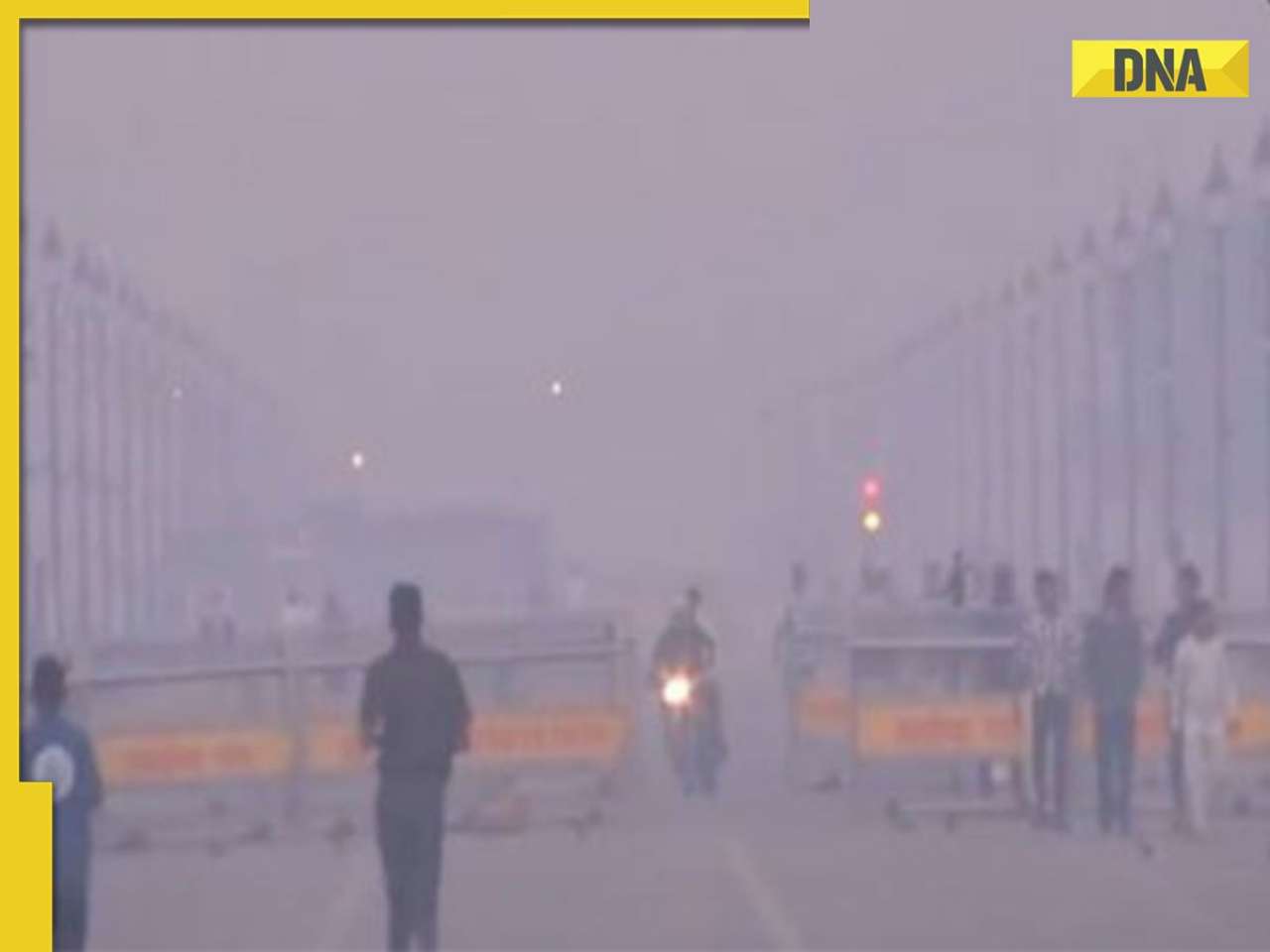





)
)
)
)
)
)
)
)
)
)
)
)
)
)
)
)





